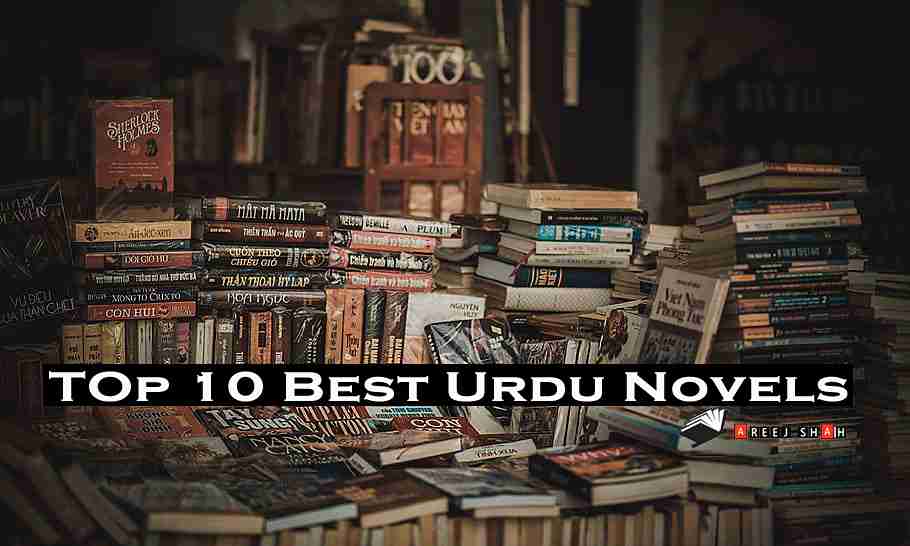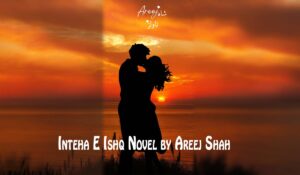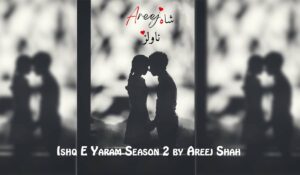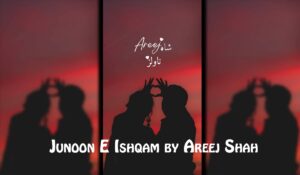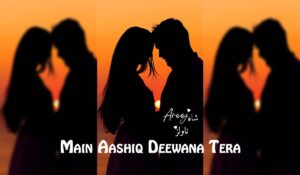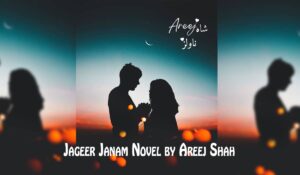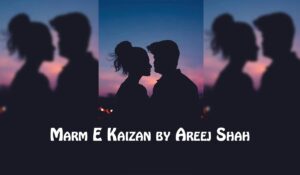Urdu literature holds a rich and illustrious history, deeply intertwined with the cultural fabric of Pakistan and the Indian subcontinent. With its origins dating back to the 13th century, Urdu literature has flourished over the centuries, producing a wealth of poetry, prose, and novels that capture the essence of the human experience. The List of Top 10 Best Urdu Novels includes Peer e Kamil by Umera Ahmed, Manto Kay Afsanay by Saadat Hasan Manto, Aangan by Khadija Mastoor, and more.
Top 10 Best Urdu Novels List You Must Read Once
Today, Urdu literature continues to thrive, with writers and poets from across the globe contributing to its legacy. In Pakistan, Urdu novels hold a special place in readers’ hearts, offering diverse stories and themes that resonate with audiences of all ages. From tales of love and longing to narratives of social and political upheaval, Urdu novels provide a window into the complexities of life in South Asia. When it comes to romantic novels, there is no one that can beat the level of Areej Shah. We recommend you to have a look at the Areej Shah Novels list if you are fond of romantic genre novels.
1. Manto Kay Afsanay by Saadat Hasan Manto
Saadat Hasan Manto is widely regarded as one of Urdu literature’s greatest short story writers, and “Manto Kay Afsanay” (Manto’s Stories) is a testament to his talent and legacy. Published in 1940, the collection features some of Manto’s most powerful and provocative stories, which confront taboo subjects such as sexuality, violence, and social injustice. Manto’s bold and uncompromising style challenged the norms of his time, earning him both praise and controversy. “Manto Kay Afsanay” continues to captivate readers with its unflinching portrayal of the human condition, solidifying Manto’s reputation as a literary icon.
2. Aangan by Khadija Mastoor
“Aangan” (Courtyard) is a groundbreaking novel by Khadija Mastoor, first published in 1962. Set against the backdrop of pre-partition India, the novel follows the lives of the Anjum family as they navigate the tumultuous events of the time. Through different characters’ perspectives, Mastoor explores themes of tradition, modernity, and the struggle for independence. “Aangan” is praised for its nuanced portrayal of gender dynamics and social change, offering a poignant reflection on the complexities of life in colonial India.
3. Peer-e-Kamil by Umera Ahmed
Umera Ahmed’s “Peer-e-Kamil” (The Perfect Mentor) is a modern masterpiece of Urdu literature that has captured readers’ hearts worldwide. Published in 2003, the novel tells the story of Salar Sikander, a disillusioned young man who finds solace and guidance in the teachings of a spiritual mentor. Through Salar’s journey of self-discovery and redemption, Ahmed explores themes of faith, love, and the pursuit of truth. “Peer-e-Kamil” has garnered widespread acclaim for its compelling narrative and thought-provoking themes, cementing Ahmed’s reputation as one of Urdu literature’s foremost contemporary writers.
4. Zavia by Ashfaq Ahmed
“Zavia” is a collection of essays and reflections by the renowned Pakistani writer Ashfaq Ahmed. Originally aired as a television series in the 1990s, “Zavia” delves into various topics, including spirituality, philosophy, and human nature. Ahmed’s insightful observations and philosophical musings have resonated with readers for decades, earning “Zavia” a place as one of Urdu literature’s most beloved works.
5. Aab-e-Hayat by Umera Ahmed
“Aab-e-Hayat” (The Elixir of Life) is the sequel to Umera Ahmed’s critically acclaimed novel, “Peer-e-Kamil.” Published in 2010, “Aab-e-Hayat” continues the story of Salar and Imama as they navigate the challenges of marriage, family, and faith. Ahmed’s skillful storytelling and nuanced character development make “Aab-e-Hayat” a compelling and thought-provoking read, further solidifying her reputation as one of Urdu literature’s leading voices.
6. Aag Ka Darya by Qurratulain Hyder
One of the most celebrated works of Urdu literature, “Aag Ka Darya” (River of Fire) by Qurratulain Hyder, is a sprawling epic that spans centuries and continents. Written in 1959, the novel explores India, Pakistan, and Bangladesh’s intertwined histories, tracing characters’ lives from different eras and backgrounds. Through its vivid storytelling and intricate narrative structure, “Aag Ka Darya” delves into themes of identity, belonging, and the passage of time. Hyder’s masterful prose and lyrical language have earned her widespread acclaim, cementing her status as one of Urdu literature’s most influential writers.
7. Umrao Jaan Ada by Mirza Hadi Ruswa
Originally published in 1899, “Umrao Jaan Ada” is a timeless classic of Urdu literature that tells the story of a courtesan living in 19th-century Lucknow. The novel, written by Mirza Hadi Ruswa, offers a glimpse into the world of the tawaif (courtesan) culture, exploring themes of love, betrayal, and societal norms. “Umrao Jaan Ada” is renowned for its elegant prose and vivid descriptions, transporting readers to colonial India’s opulent courts and bustling streets. The novel’s titular character, Umrao Jaan Ada, has become an iconic figure in Urdu literature, symbolizing the resilience and grace of women in the face of adversity.
8. Basti by Intizar Hussain
Intizar Hussain’s “Basti” is a haunting and lyrical novel that chronicles the life of a small community in post-partition Pakistan. Published in 1979, the novel offers a meditative exploration of memory, loss, and the passage of time. Through the eyes of its protagonist, Zakir, “Basti” captures the changing landscape of a nation grappling with its past and uncertain future. Hussain’s evocative prose and vivid imagery transport readers to the streets and alleyways of Lahore, offering a poignant reflection on the complexities of history and identity.
9. Mumtaz Mufti Novels
Mumtaz Mufti was a prolific writer whose novels and essays continue to inspire readers today. His works, including “Ali Pur Ka Aeeli” and “Talash,” explore themes of existentialism, spirituality, and the human condition. Mufti’s reflective and philosophical approach to storytelling has earned him a devoted following, cementing his legacy as one of Urdu literature’s most influential figures.
10. Bano Qudsia Novels
Bano Qudsia was a trailblazing writer known for her bold and unconventional storytelling. Her novels, such as “Raja Gidh” and “Amar Bail,” challenge societal norms and explore the complexities of human relationships. Qudsia’s fearless exploration of taboo subjects and her lyrical prose has made her a beloved figure in Urdu literature, inspiring generations of readers and writers alike.
Verdict
In conclusion, Urdu literature boasts a diverse and rich tapestry of novels that capture the essence of Pakistani culture and society. From timeless classics to contemporary masterpieces, these top 10 Urdu novels offer readers a glimpse into the beauty and complexity of the human experience. Whether you’re a seasoned literary enthusiast or new to Urdu literature, these novels will surely captivate and inspire you for years to come.
